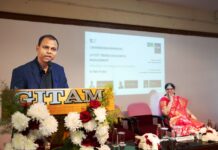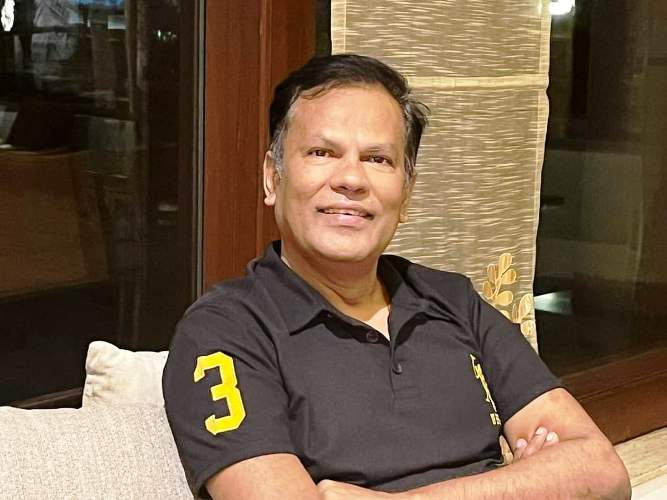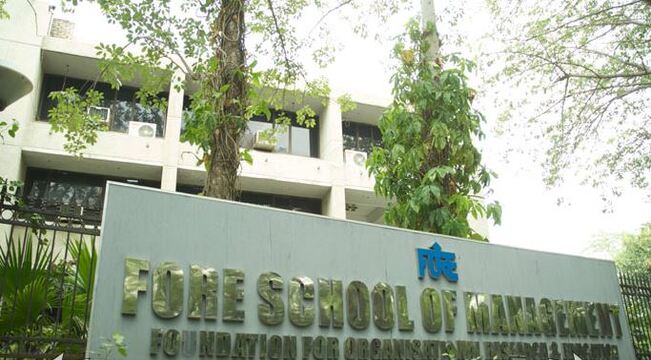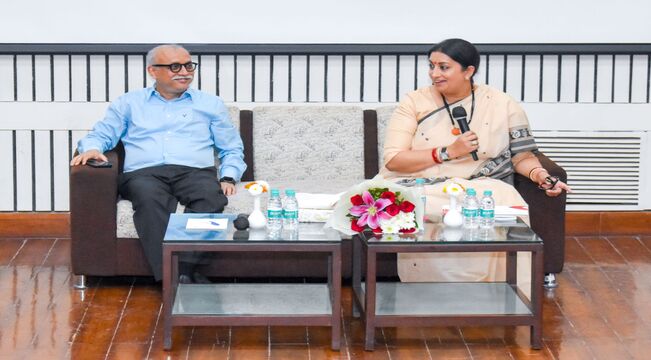By Pankaj Kumar Singh, Managing Director of Cambridge Montessori Preschool and Daycare
“Education is a natural process carried out by the human individual, and is acquired not by listening to words, but by experiences upon the environment.” – Maria Montessori
Introduction:
In the dynamic realm of early childhood education in India, the Montessori approach has emerged as a guiding principle, reshaping our understanding of how to nurture young minds. As someone deeply involved in this field, We have witnessed firsthand the remarkable impact of Montessori philosophy. Based on respect for a child’s innate curiosity and self-driven learning, this approach has redefined preschool education, benefiting both students and educators.
“Embracing the Montessori philosophy goes beyond conventional education; it entails igniting a perpetual flame of curiosity within each child. As we tread this path at Cambridge Montessori Preschool, we strive not only to impart knowledge but to instill an enduring ardor for learning, celebrating uniqueness, and nurturing socially responsible global citizens. Guided by the principles of this approach, we endeavor to sow the seeds of holistic development, laying the foundation for a future where young minds grow into compassionate leaders of a harmonious world.” – Pankaj Kumar Singh, Managing Director, Cambridge Montessori Preschool and Daycare
The Early Learning
Dr. Maria Montessori, who developed the Montessori method in the early 20th century, stressed the need of designing a learning environment that supports children’s innate desire to explore and learn. Classrooms are carefully set up in a Montessori preschool environment to support experiential learning opportunities. In order to build independence, decision-making, and self-discipline, children are encouraged to choose activities from a collection of carefully created materials.
In a country like India, where conventional rote learning methods have been predominant, the Montessori approach offers a fresh perspective. It acknowledges that every child is distinctive and progresses at their own pace. This personalized approach to learning nurtures self-esteem and a love for learning that endures throughout their educational journey.
Fostering Lifelong Learners
The Montessori method places a strong emphasis on the growth of character qualities and life skills. Children learn important life skills including pouring, sorting, and clothing themselves through practical life experiences.
Moreover, the multi-age classrooms inherent in the Montessori method enable younger children to learn from their older peers, fostering a sense of community and collaborative learning. This model nurtures empathy, leadership, and social intelligence—essential skills in today’s interconnected world.
Fueling the Curiosity
The Montessori educational method is based on the idea that children have a natural curiosity and inventiveness. Montessori teachers work as mentors rather than imposing a strict curriculum, monitoring each child’s interests and tailoring activities accordingly. This method fosters intrinsic motivation in addition to igniting a desire for learning.
In India, where the pressure of academic achievement can be daunting even at the preschool level, the Montessori approach offers a refreshing alternative. It permits children to delve deeply into subjects and develop an authentic love for learning, as opposed to mere memorization for the purpose of passing exams.
As we move forward, the Montessori method of preschool education in India has the potential to raise generations of self-assured, compassionate, and capable people. We are sowing the seeds for a happier and more peaceful future by seeing the inherent potential in every child and creating an atmosphere that is supportive of their holistic development.






























